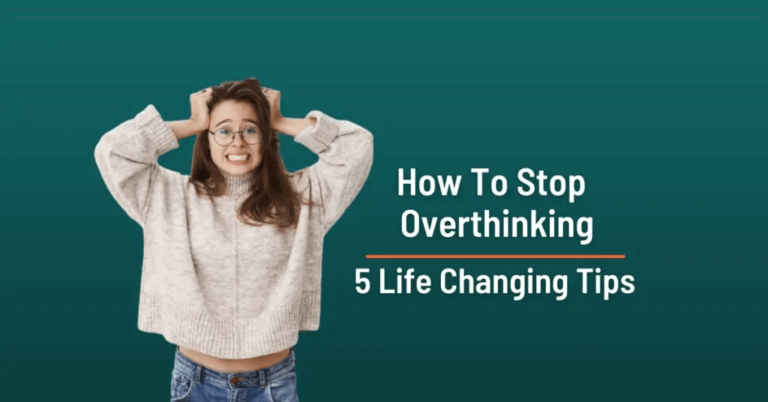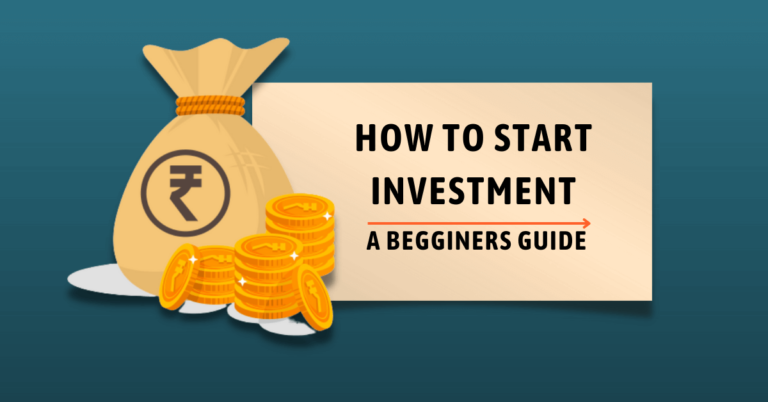How to Reduce Stress & Anxiety: 7 Simple Ways
Stress is the main cause of all the issues and problems. Your heart races, your palms sweat, and your mind feels like it’s going a million miles a minute. But what exactly is stress, and How to Reduce Stress & Anxiety?
Stress is our body’s response to anything that requires us to adapt or change. It could be something as small as a presentation at work or something as big as a major life event. When we feel stressed, our bodies release hormones like adrenaline and cortisol.
The Causes of Stress and Anxiety
Stress and anxiety are two very common emotions that can have a negative impact on our lives. While stress can be caused by many different things, anxiety is often caused by stress. Here are some of the most common causes of stress and anxiety:
1. Work Stress
Whether you love your job or hate it, work can be a major source of stress and anxiety. If you’re constantly feeling overwhelmed by your workload or like you’re never able to get ahead, it’s likely that your job is causing you a lot of stress.
2. Money Problems
Money problems can cause a great deal of stress and anxiety. If you’re worried about being able to pay your bills or make ends meet, it’s natural to feel stressed and anxious.
3. Family Issues
Family relationships can be complex and difficult, which can lead to stress and anxiety.
4. Friends and relationships
If you have unresolved issues with friends or family members, it’s likely that they’re the cause of your stress and anxiety.
Read This Post: Why Relationships Fail Surprising Facts
Health issues
Physical health problems can lead to stress and anxiety.
The Effects of Stress and Anxiety
Stress and anxiety are two of the most common psychological problems faced by people today. While stress can be caused by a variety of factors, anxiety is often caused by chronic stress. Both stress and anxiety can have a number of negative effects on a person’s health, including physical health problems and mental health problems.
Physical health problems
It can be caused by stress and anxiety including headaches, stomachaches, back pain, high blood pressure, heart disease, and asthma.
Mental health problems
It can be caused by stress and anxiety including depression, insomnia, irritability, difficulty concentrating, forgetfulness, and hair loss. Stress and anxiety can also lead to weight gain or weight loss.
7 Simple ways How to Relieve Stress and Anxiety
1. Get enough sleep
Sleep is important for our physical and mental health, yet many people do not get enough sleep. According to the National Sleep Foundation, adults should be getting 7-9 hours of sleep per night.
Establish a regular sleep schedule and stick to it as much as possible. This means going to bed and waking up at the same time every day, even on weekends.
2. Exercise
Exercise releases endorphins, which can improve your mood and act as a distraction from worries. A moderate amount of exercise is the key to maintaining mental health and well-being.
Studies have shown that people who exercise on a regular basis are less likely to suffer from depression. Exercise also helps boost your energy levels, making it easier for you to get things done throughout the day.
3. Eat healthy
When it comes to stress and anxiety, what you put into your body can have a big impact on how you feel. Eating unhealthy foods can make you feel sluggish and low on energy, while eating healthy foods can help improve your mood and give you more energy.
1. Eat plenty of fruits and vegetables. They are packed with vitamins and minerals that can help improve your mood and give you more energy.
2. Avoid processed foods, sugary drinks, and excessive amounts of caffeine. These can all lead to a crash in energy levels, which can make stress and anxiety worse.
3. Make sure to get enough protein. Protein helps the body to repair itself and gives you sustained energy throughout the day.
4. Drink plenty of water.
4. Take breaks
Breaks can come in many forms, from taking a few minutes to yourself to step away from a stressful situation to taking a full day or even week off to relax and rejuvenate.
If you’re feeling overwhelmed or anxious, try taking a break. Step outside for some fresh air, take a nap, read your favorite book, or just take some time for yourself. You’ll be surprised how much better you feel after taking some time for yourself.
5. Spend time with family and friends
It’s important to spend time with loved ones when feeling stressed or anxious. Family and friends can provide support and understanding, helping to create a positive environment.
In addition to providing emotional support, spending time with loved ones can also be a fun distraction from whatever is causing stress or anxiety. Whether it’s playing games, watching movies, or going for walks, quality time will help to relieve stress and anxiety.
Read This Post: Why Relationships Fail 5 Surprising Facts
6. Try a stress management technique
There are many different stress management techniques that can help reduce stress and improve our overall well-being.
One popular stress management technique is mindfulness meditation. This involves focusing on our breath and being present in the moment. This can help to calm our mind and body, and prevent us from getting caught up in stressful thoughts.
7. Try not to take things personally
Taking things personally can be a huge source of stress and anxiety. We beat ourselves up over things that we have no control over, and we dwell on the negative instead of the positive. So how can we break this cycle?
Try to remember that not everything is about you. Just because someone doesn’t return your text right away doesn’t mean they’re ignoring you. They could be busy, or they might not even have their phone with them, Always Focus on the positive.
These are 7 tried and tested ways on How to Reduce Stress & Anxiety.
When to seek help
It’s important to be able to identify when you’re feeling overwhelmed by stress and anxiety. Here are some signs that it may be time to seek help:
1. You’re having trouble concentrating or sleeping.
2. You’re easily irritable or short-tempered.
3. You’re avoiding activities or situations that make you anxious.
4. You’re relying on alcohol or drugs to cope with your anxiety.
5. Your anxiety is impacting your work, school, or personal relationships.
If you’re experiencing any of these symptoms, it’s important to reach out for help from a mental health professional. They can provide you with tools and resources that will help, How to Reduce Stress & Anxiety.
Conclusion
How to Reduce Stress & Anxiety? Stress and anxiety are both very common among people today. If you’re feeling overwhelmed, these are some simple things you can do to help relieve your stress and anxiety.







One Comment